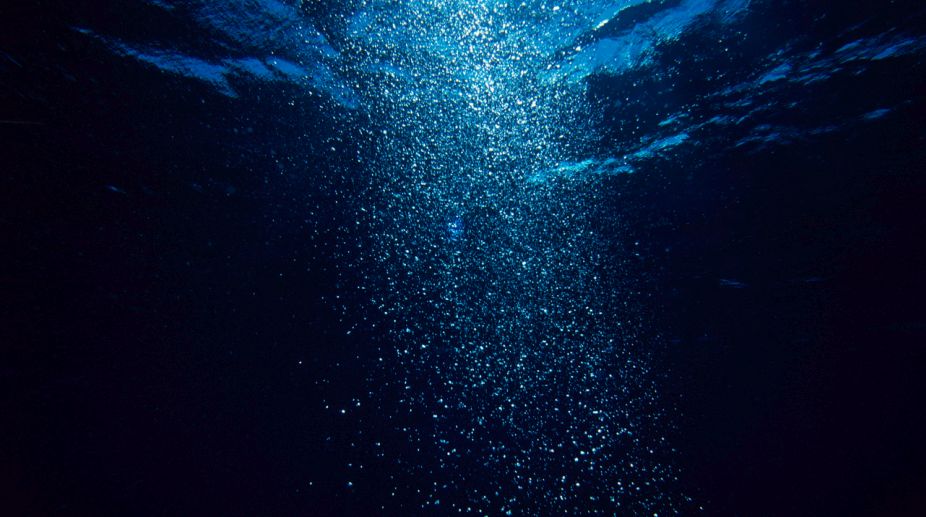The amount of dissolved oxygen contained in the water of oceans across the globe — an important measure of ocean health — has been declining for more than 20 years, says a study.
For the study, the researchers looked at a historic dataset of ocean information stretching back more than 50 years and searched for long term trends and patterns.
Advertisement
Oxygen levels started dropping in the 1980s as ocean temperatures began to climb, said the study published in the journal Geophysical Research Letters.
"The oxygen in oceans has dynamic properties, and its concentration can change with natural climate variability," said lead researcher Taka Ito, Associate Professor at Georgia Institute of Technology, Atlanta, US.
"The important aspect of our result is that the rate of global oxygen loss appears to be exceeding the level of nature's random variability," Ito said.
Falling oxygen levels in water have the potential to impact the habitat of marine organisms worldwide and in recent years led to more frequent "hypoxic events" that killed or displaced populations of fish, crabs and many other organisms.
Researchers have for years anticipated that rising water temperatures would affect the amount of oxygen in the oceans, since warmer water is capable of holding less dissolved gas than colder water.
But the data showed that ocean oxygen was falling more rapidly than the corresponding rise in water temperature.
"The trend of oxygen falling is about two to three times faster than what we predicted from the decrease of solubility associated with the ocean warming," Ito said.
"This is most likely due to the changes in ocean circulation and mixing associated with the heating of the near-surface waters and melting of polar ice," Ito added.











